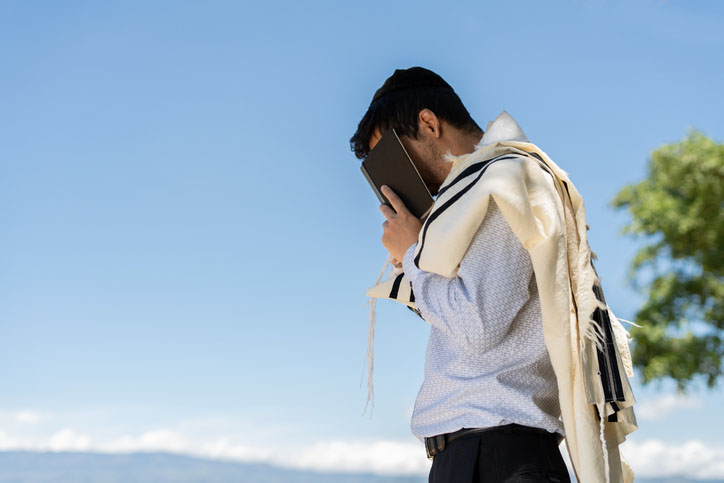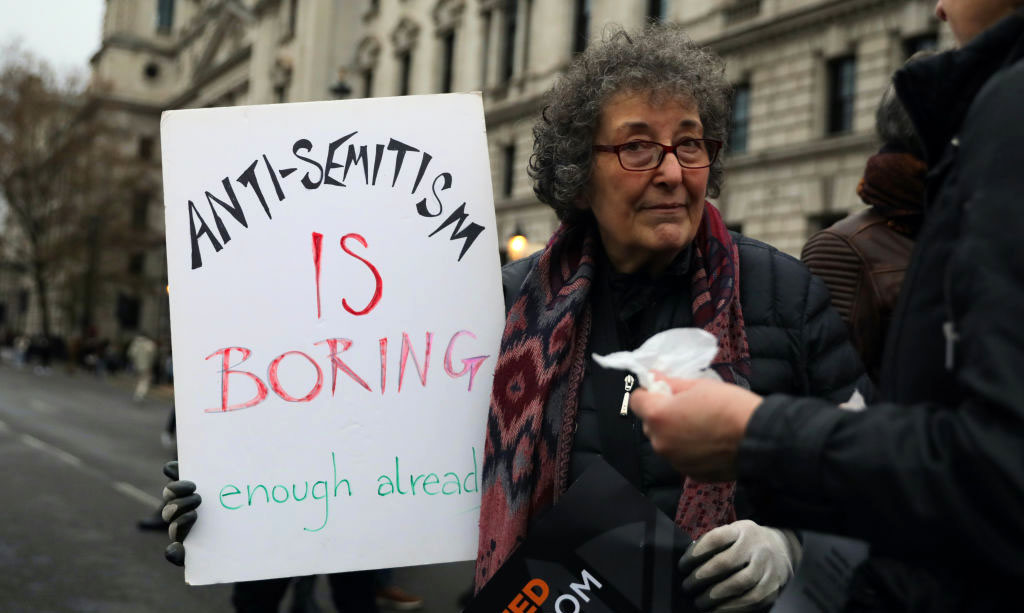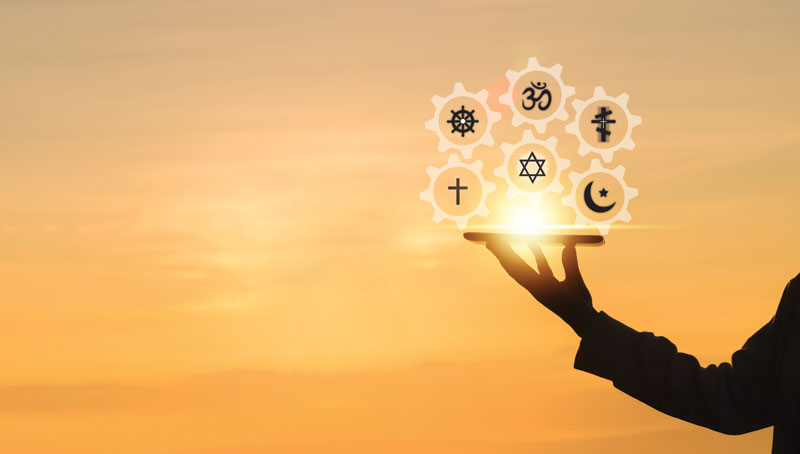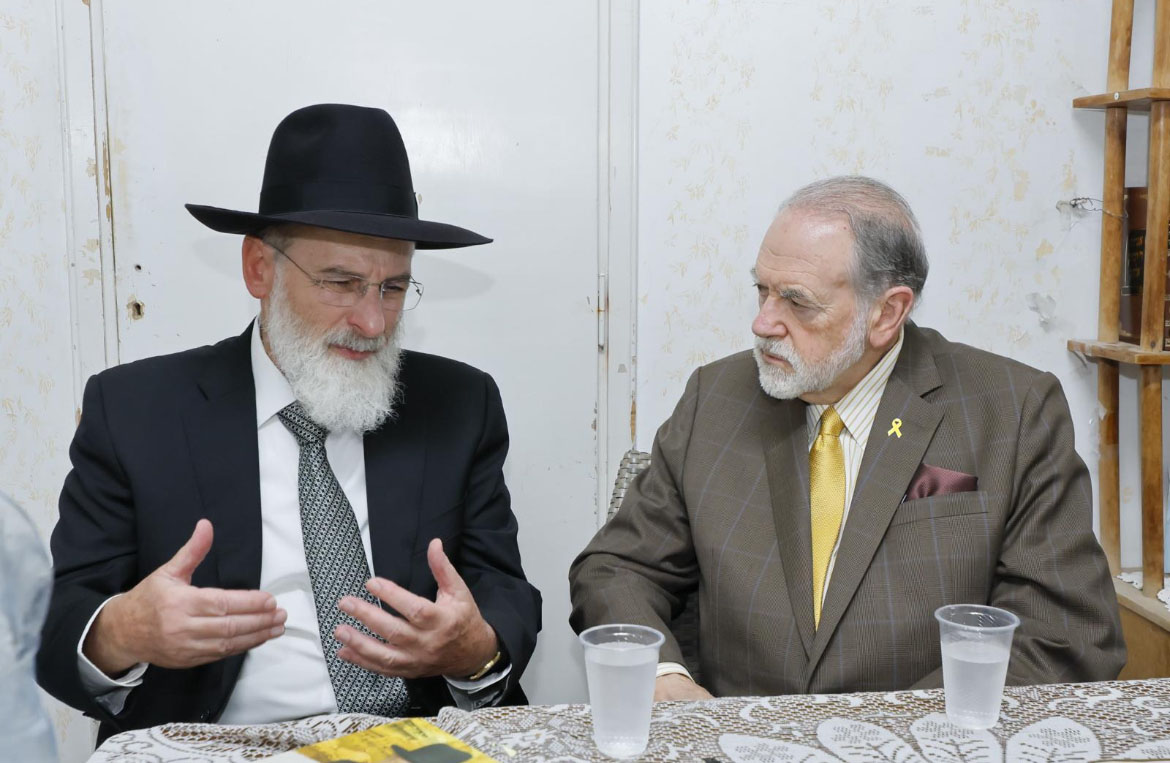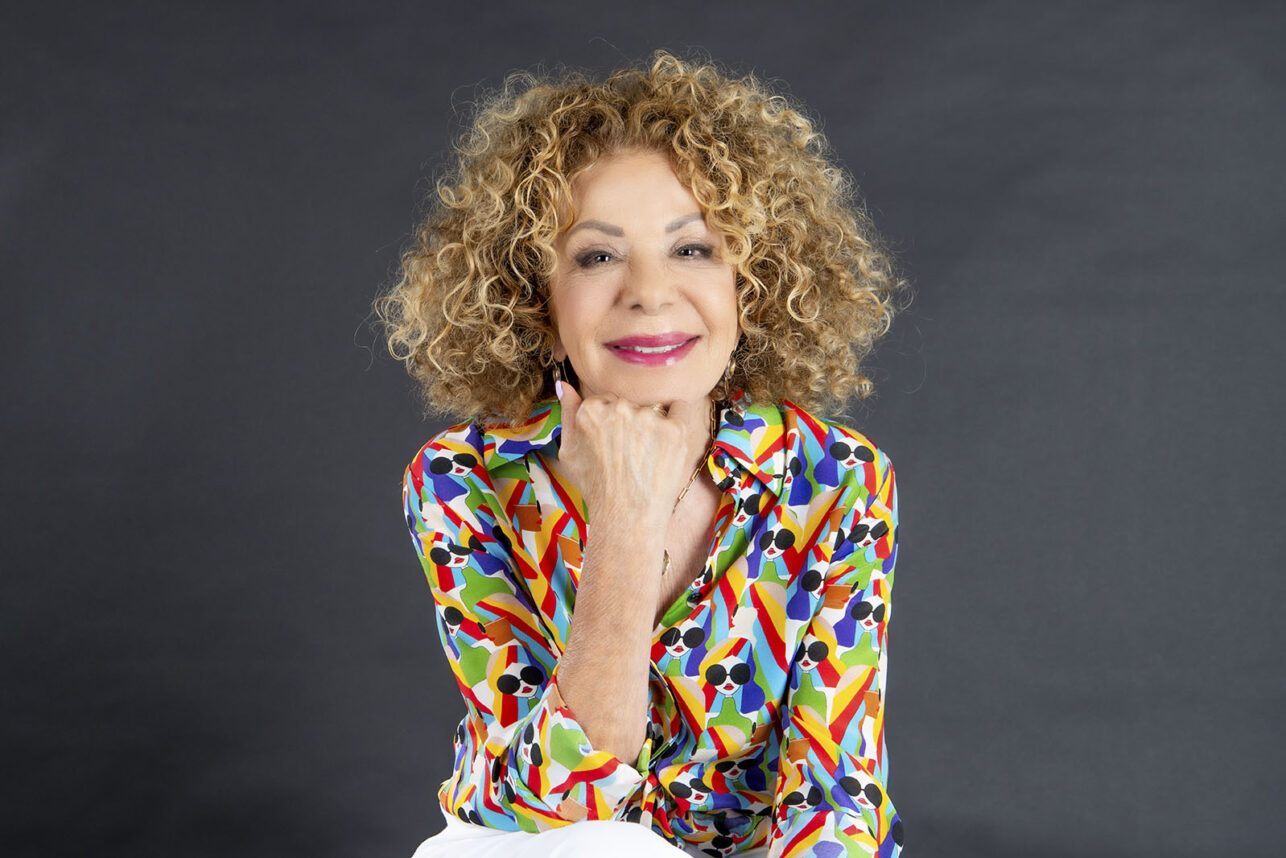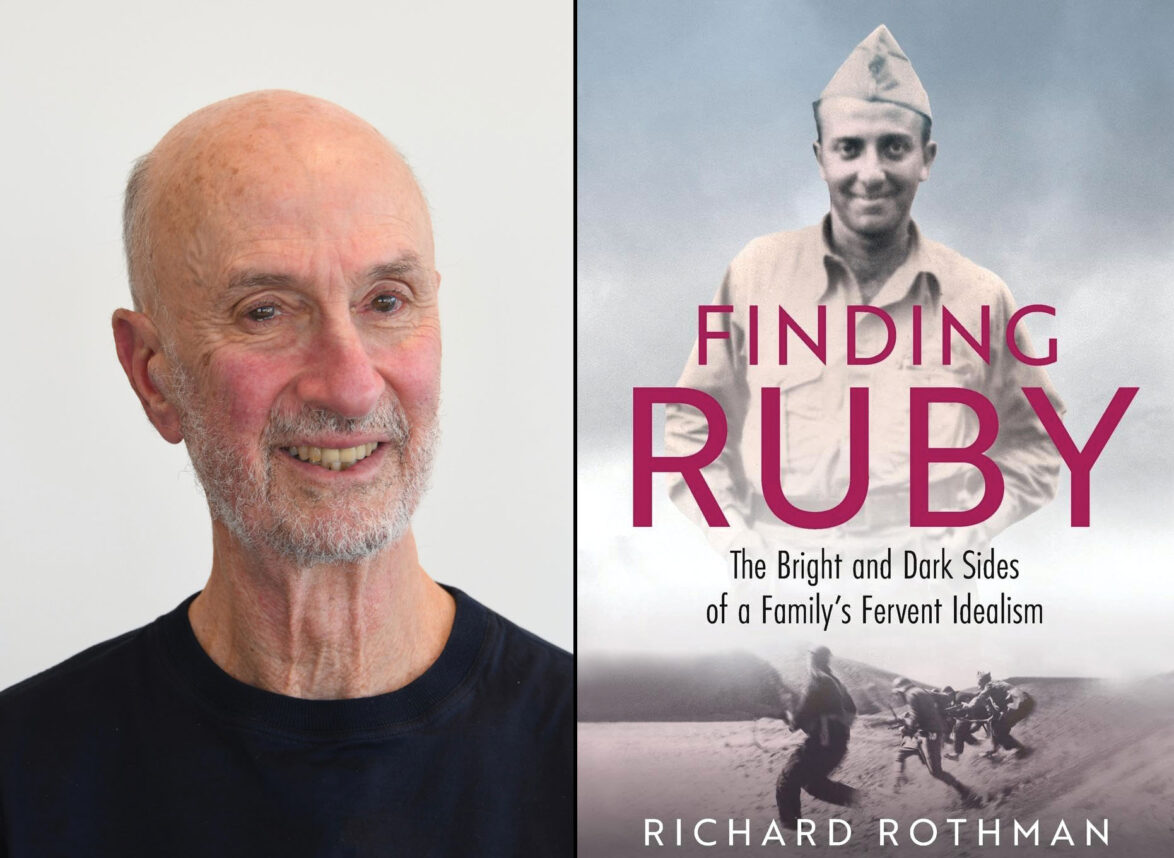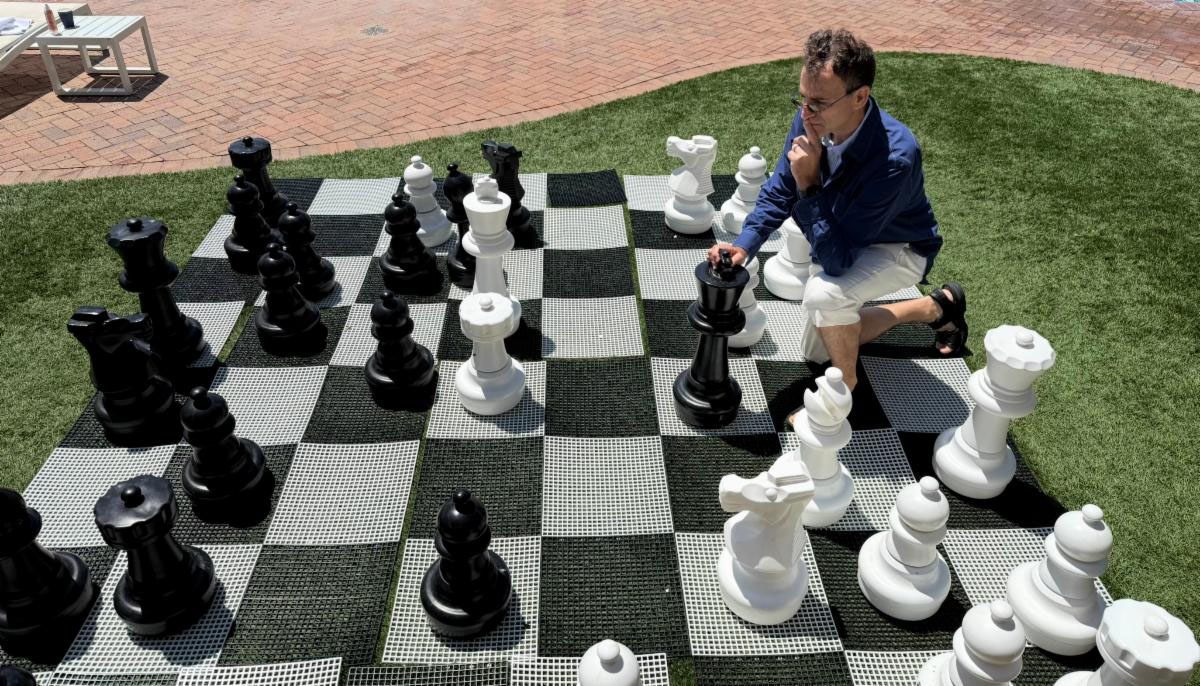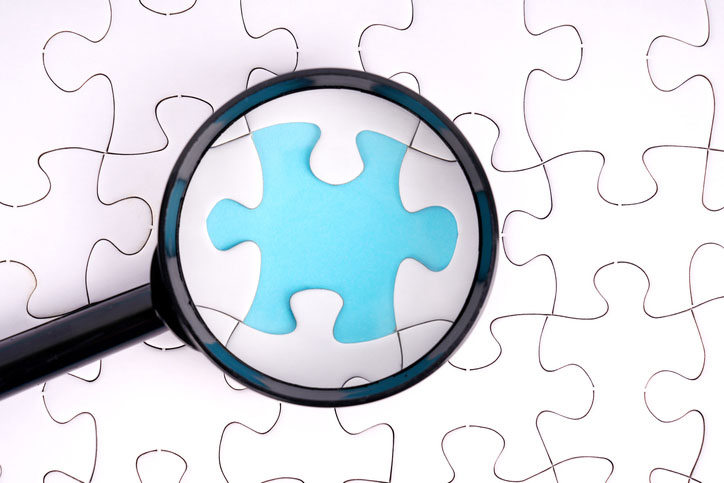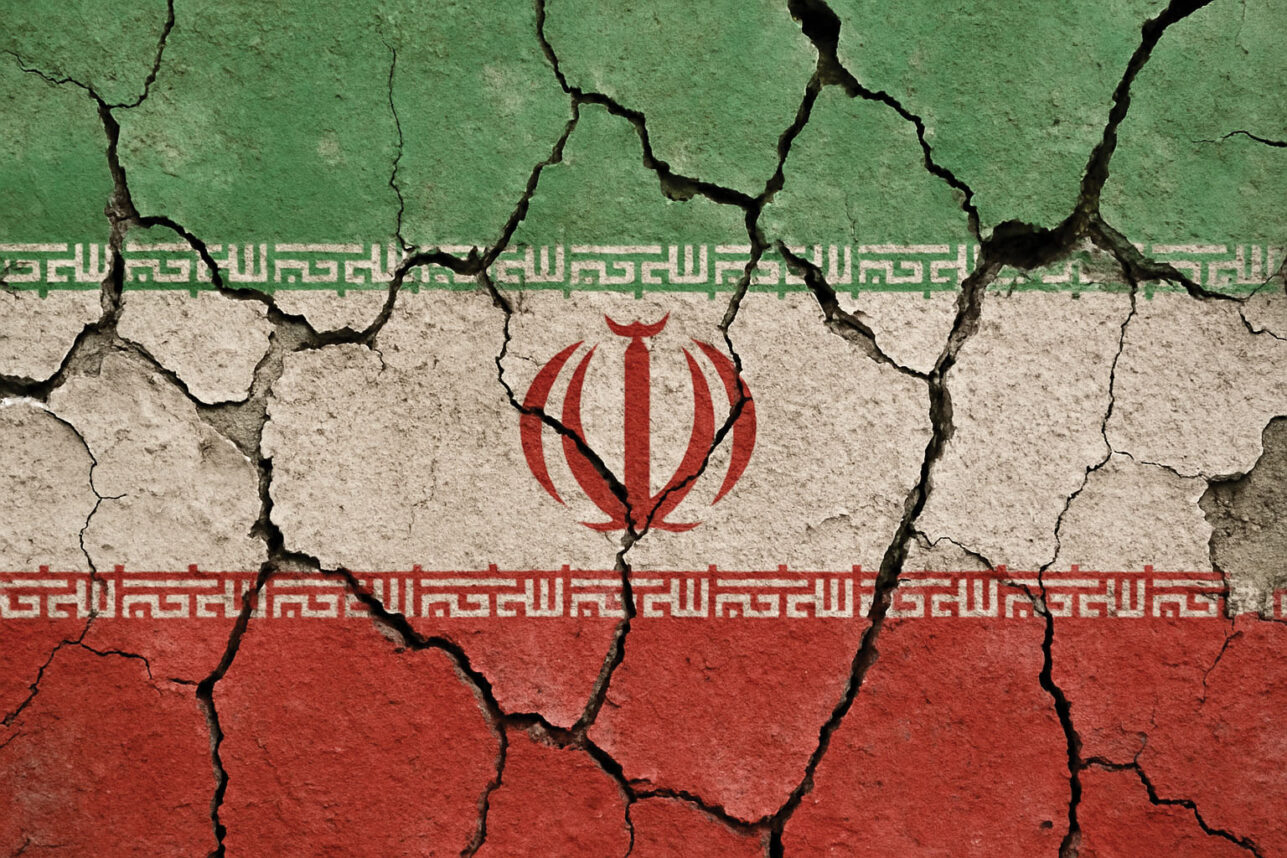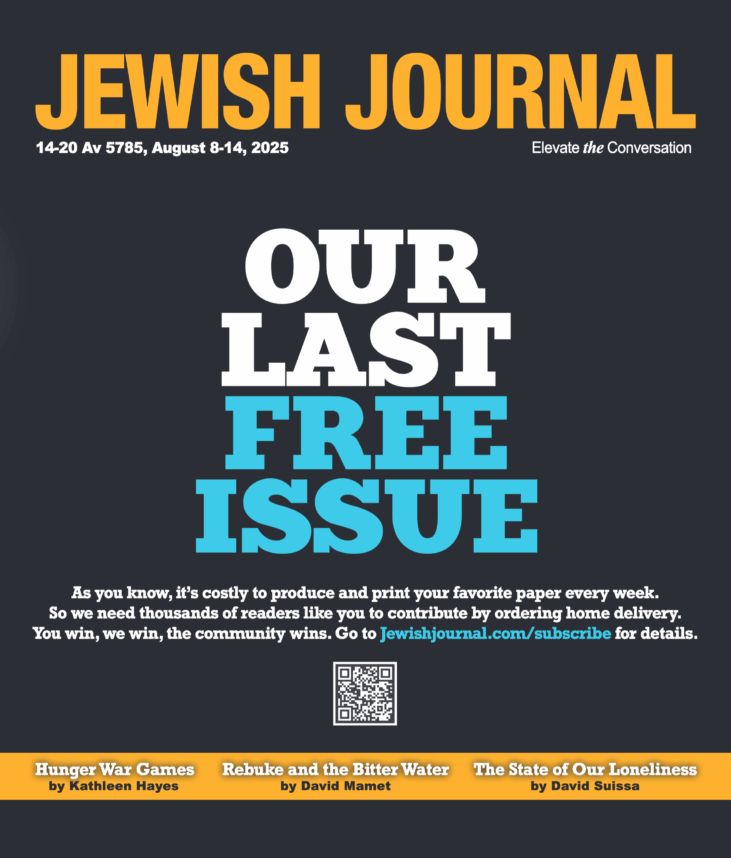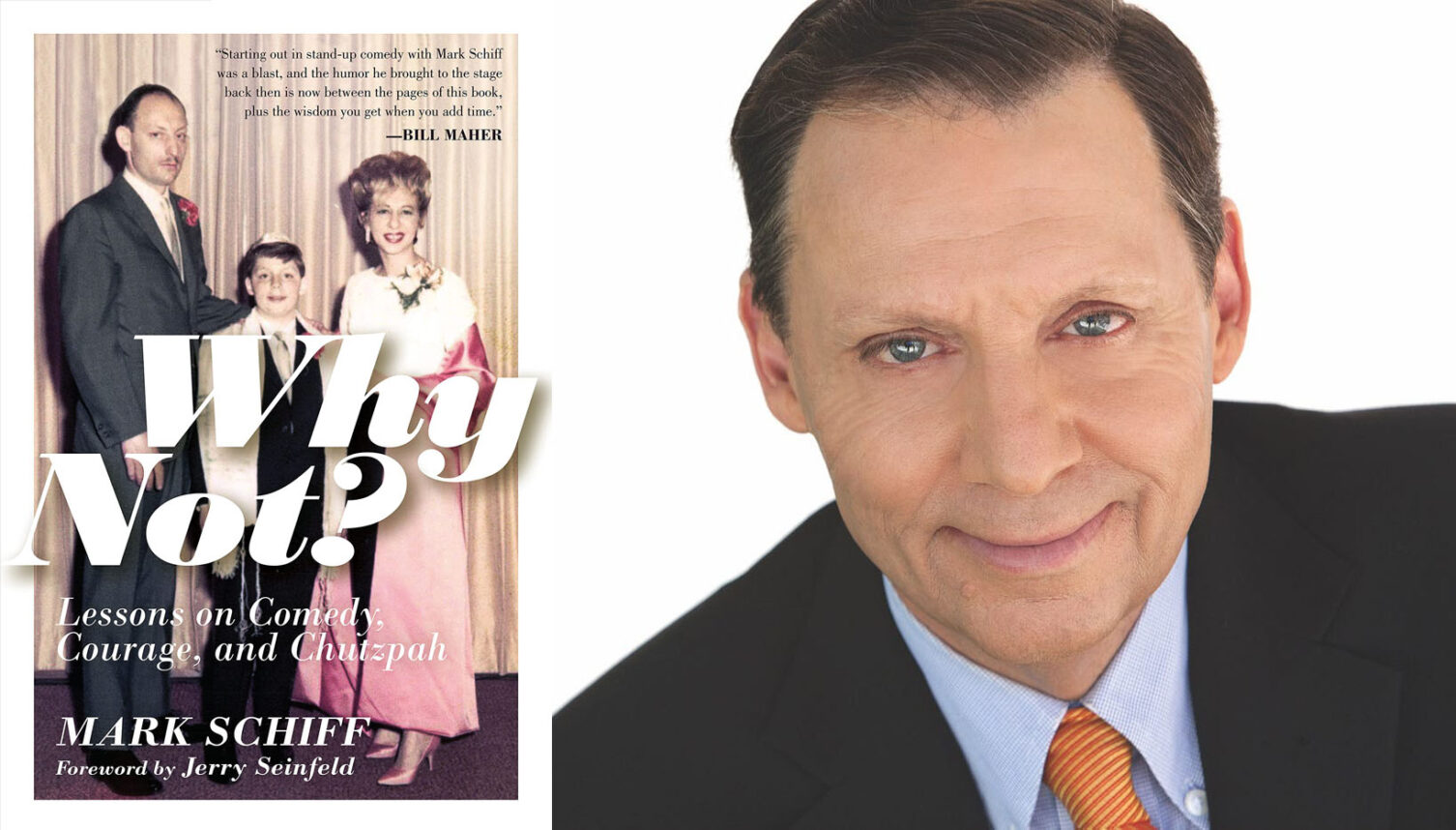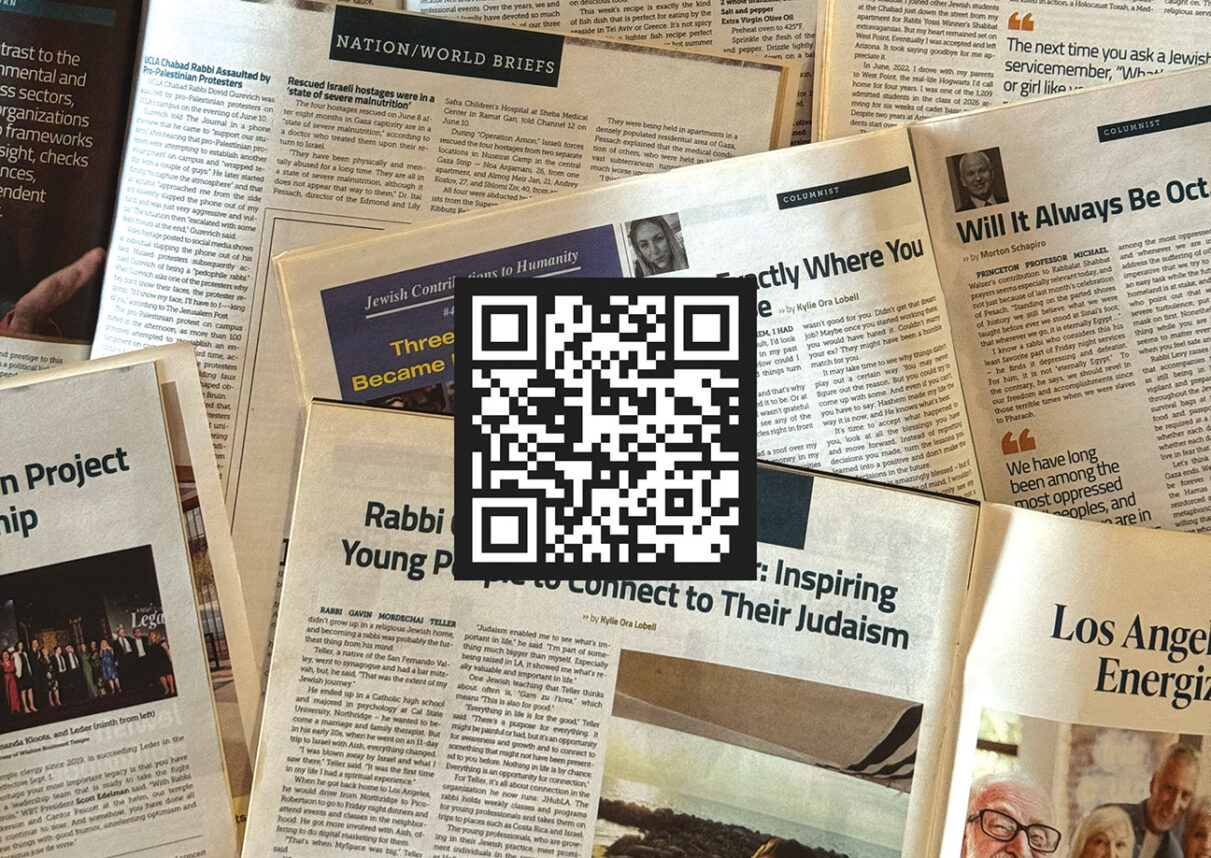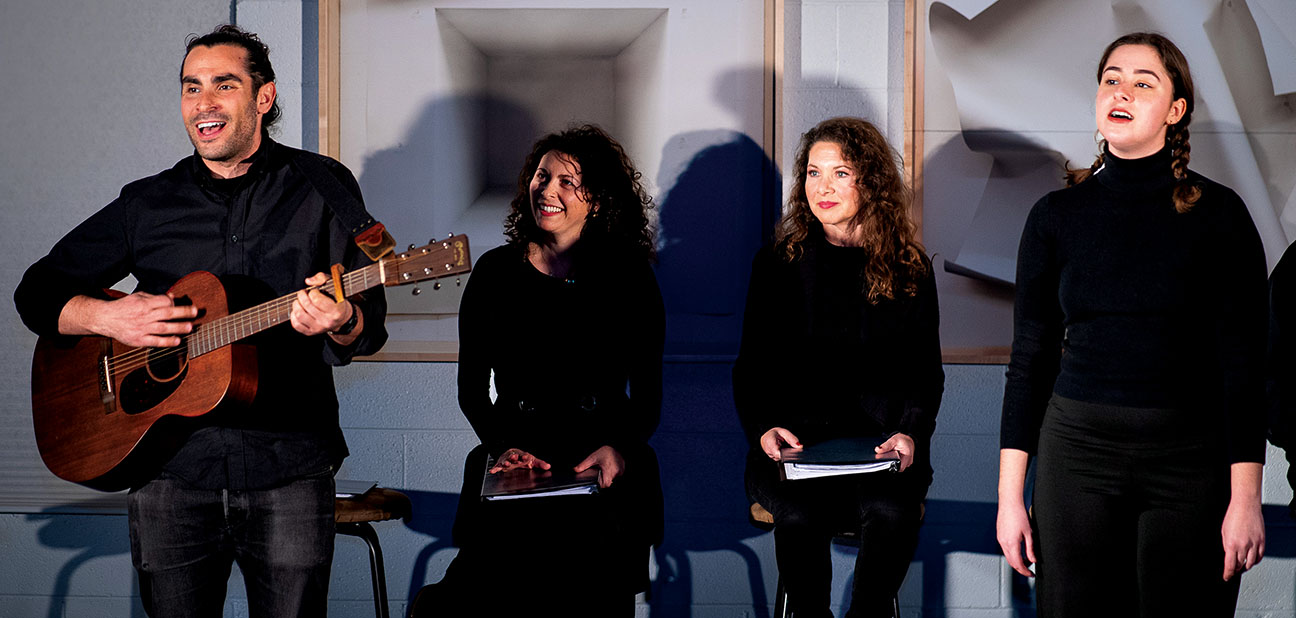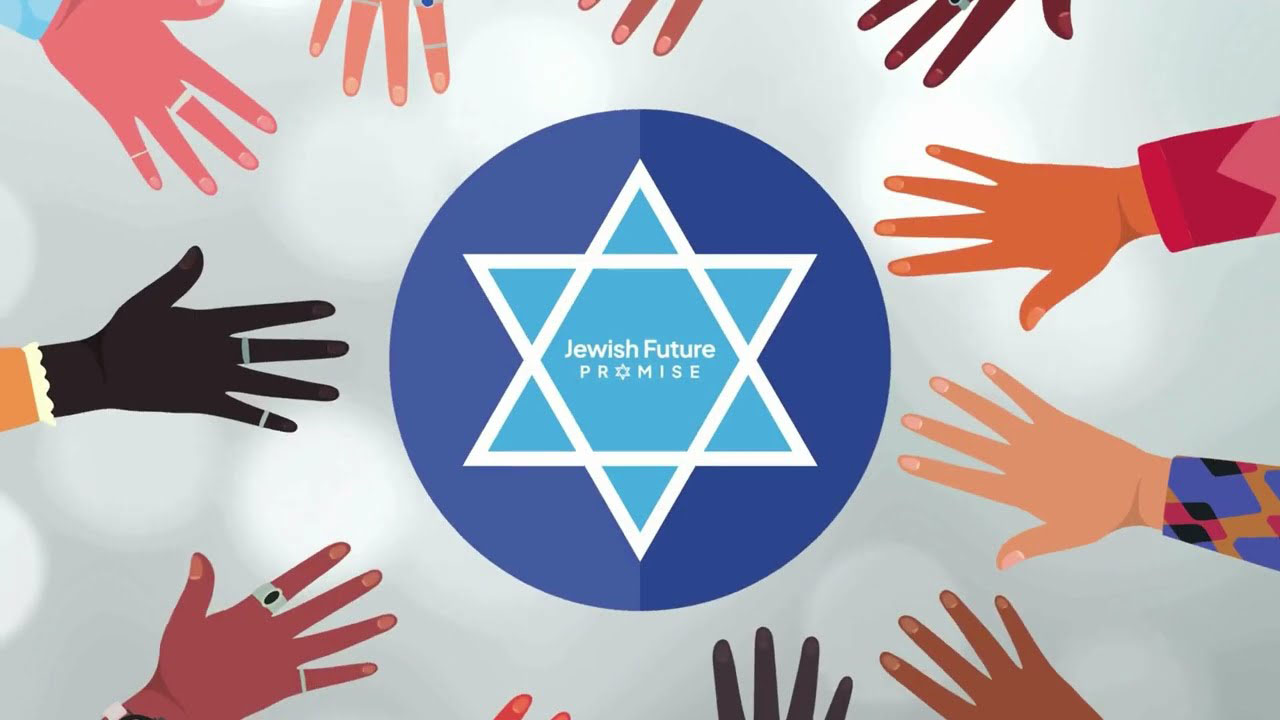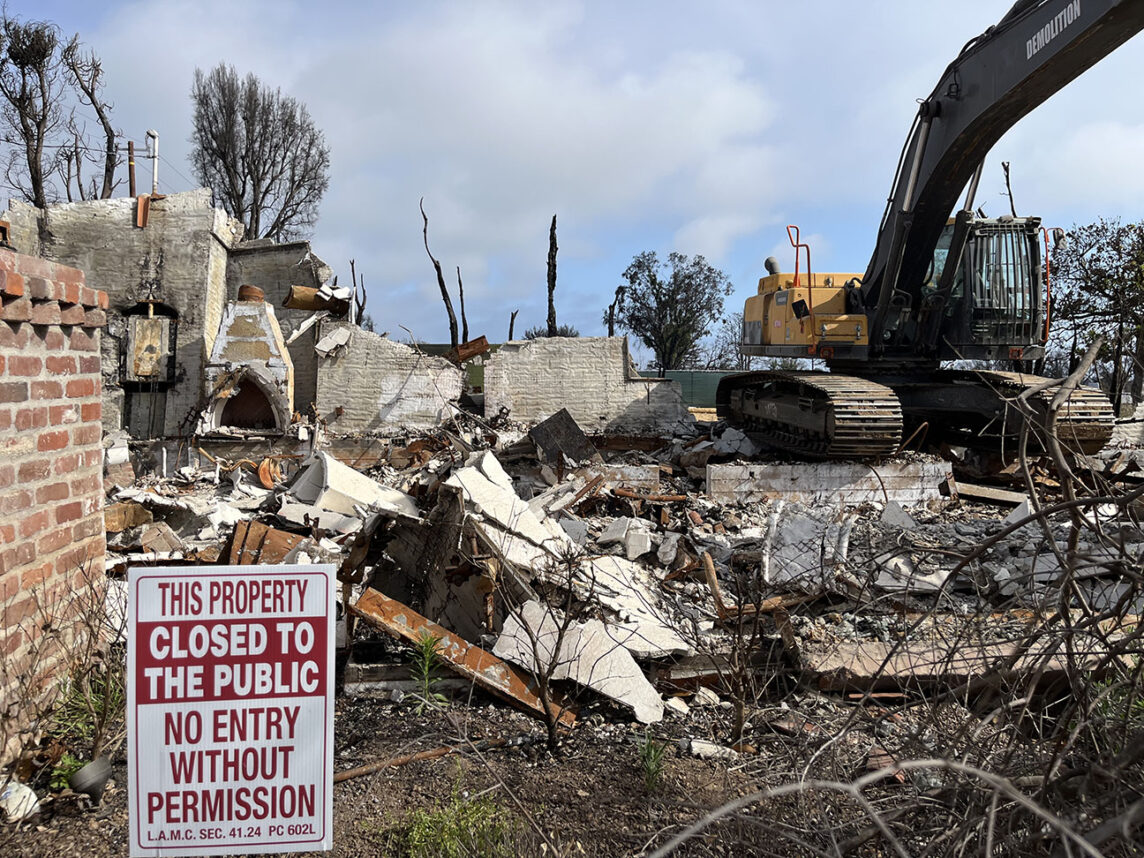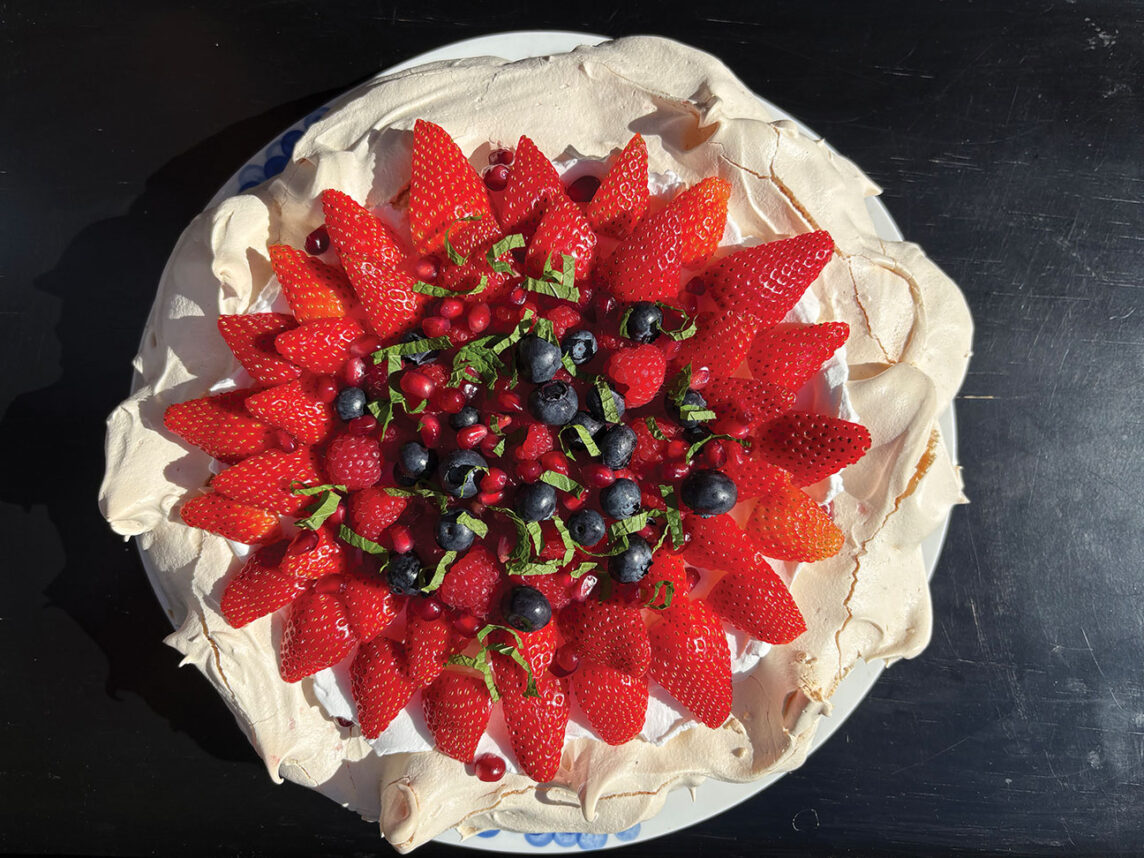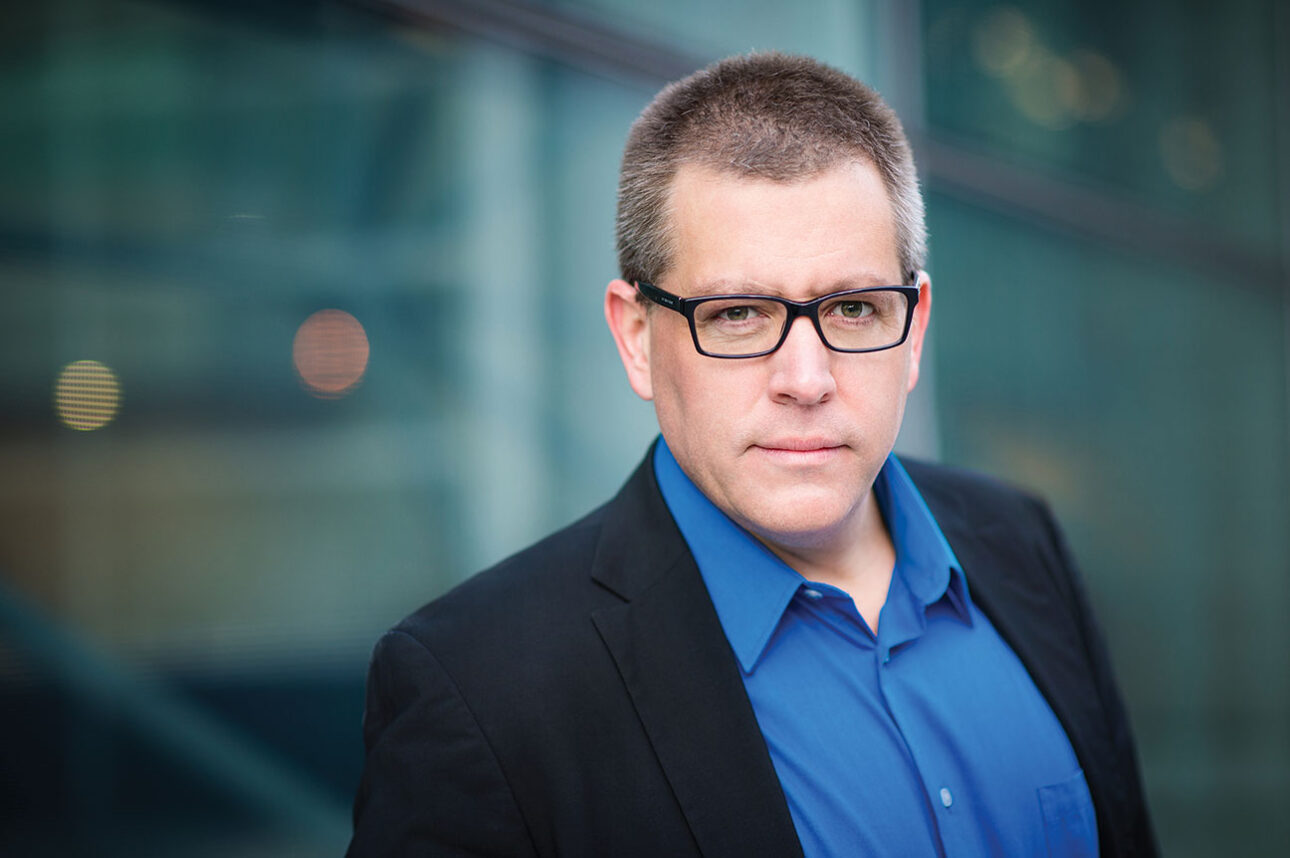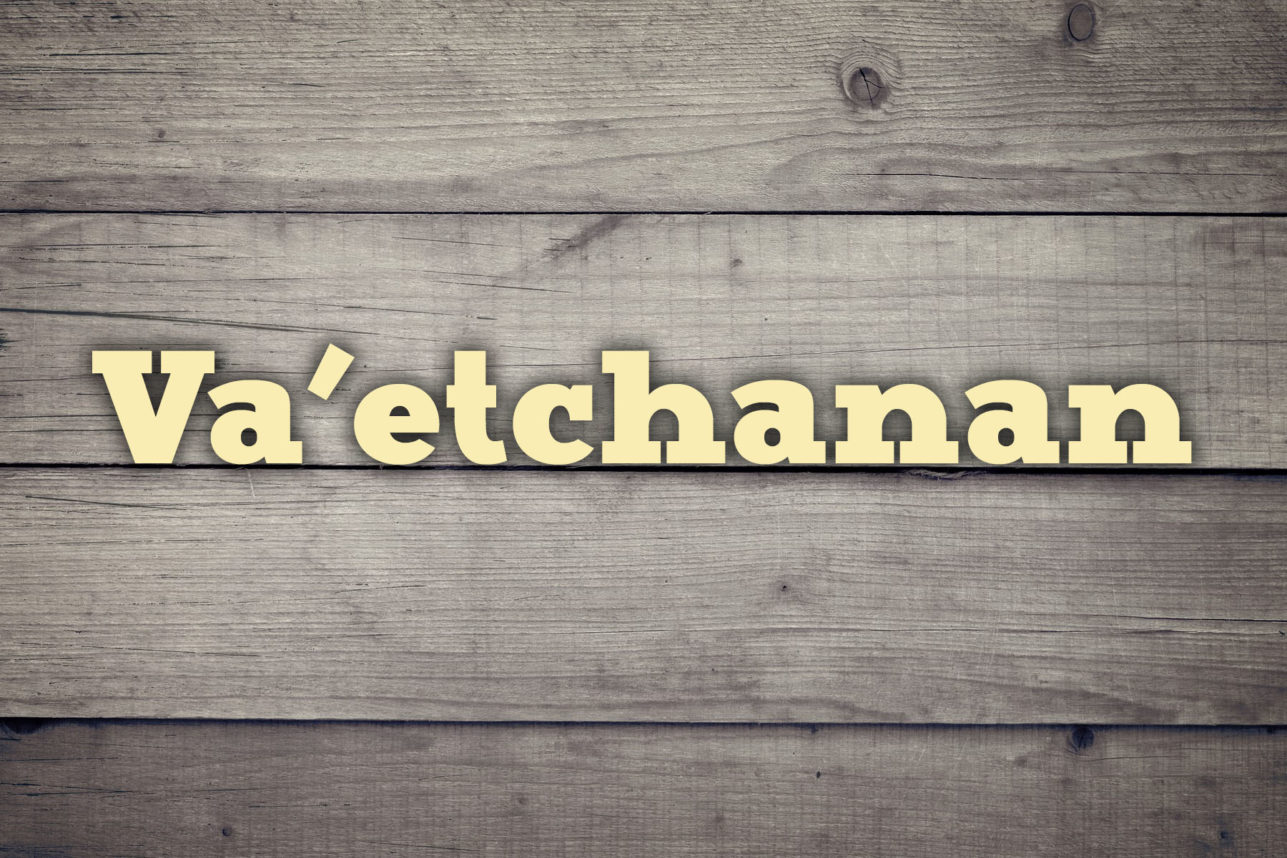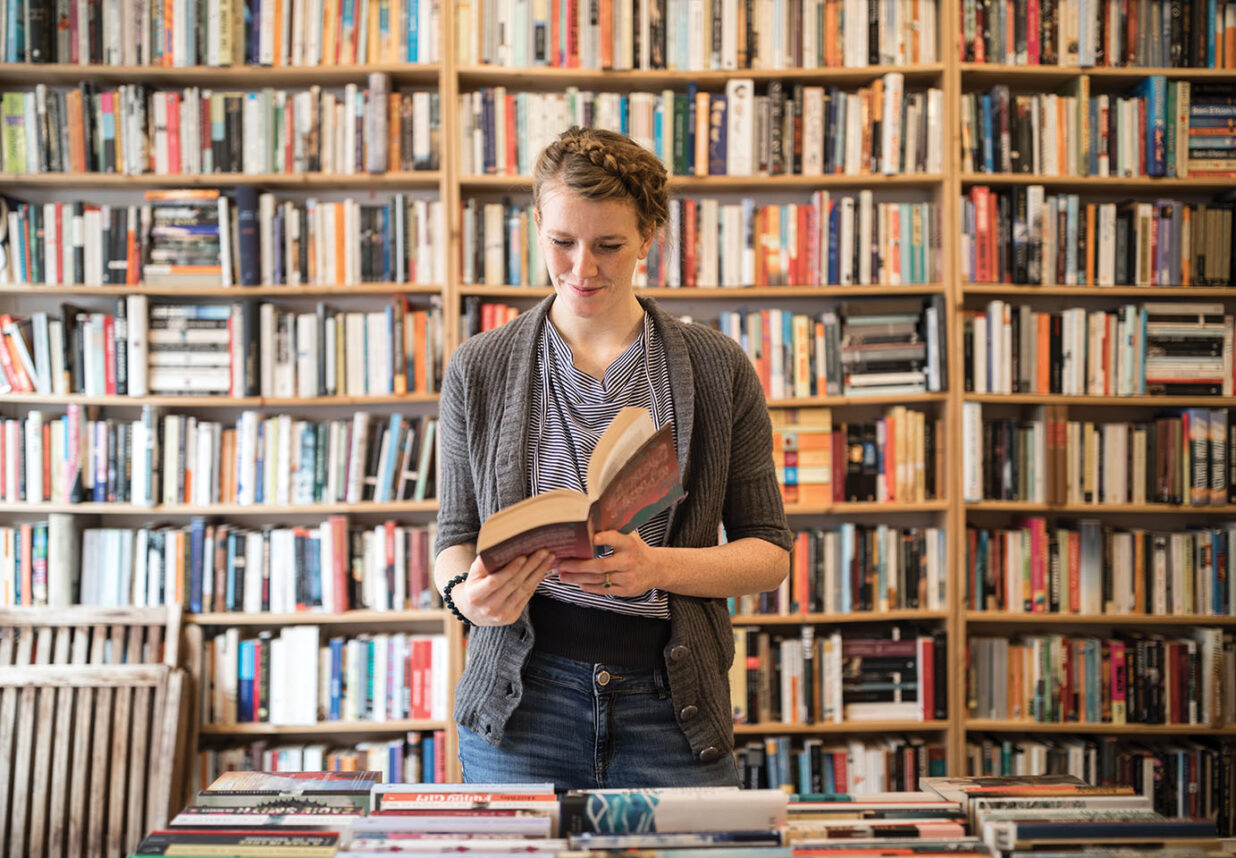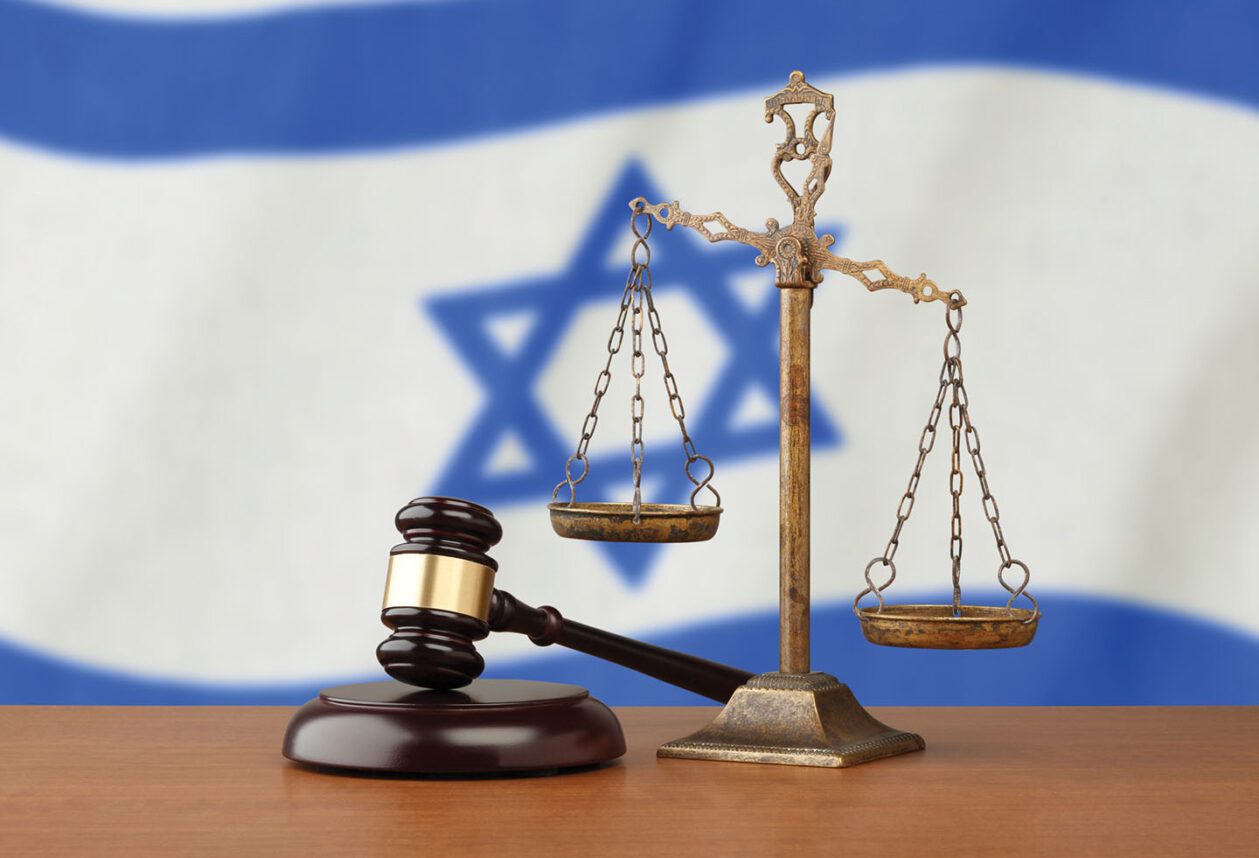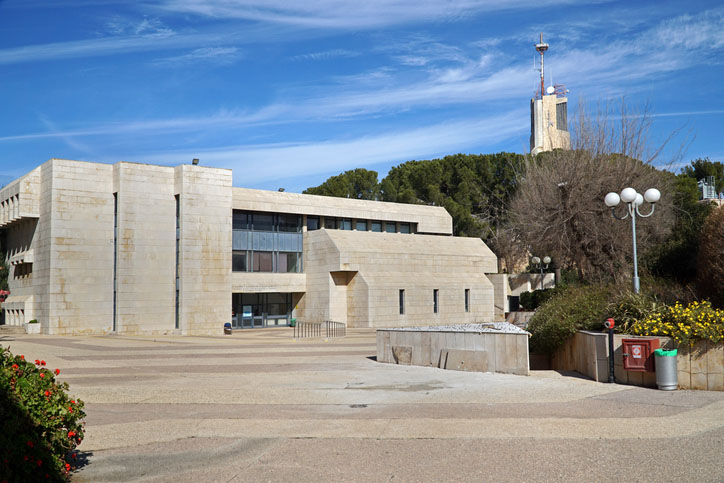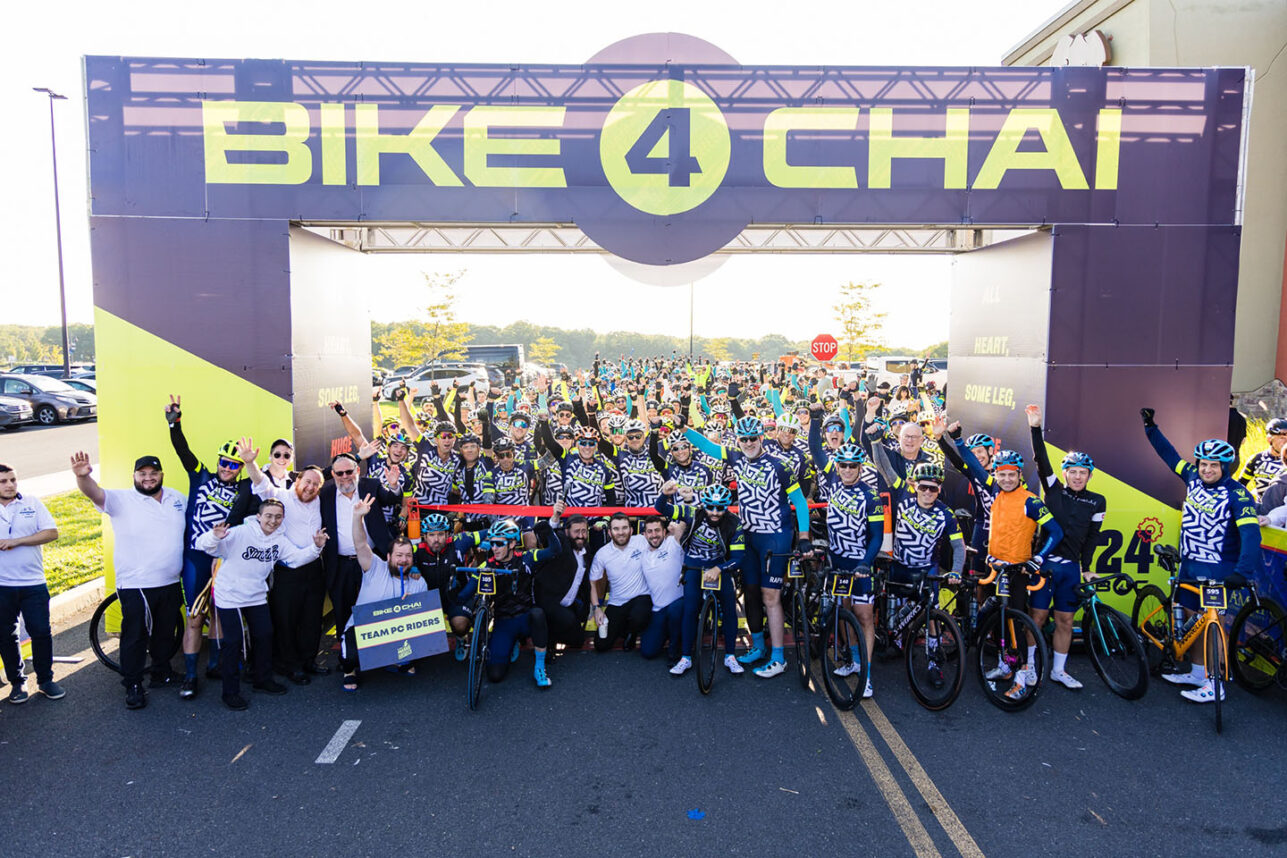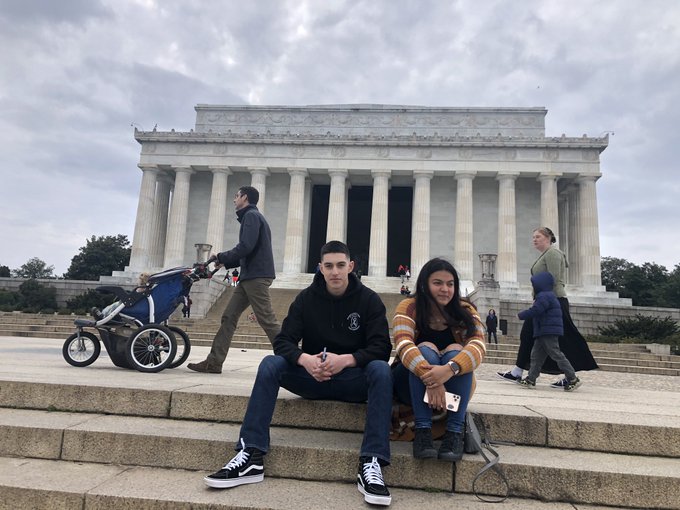
In the shadow of the Lincoln Memorial, a boisterous boy named Elliott darted away from his parents as they pushed their two younger sons in a double stroller. His mother yelled, “Elliott, be careful. Stop!” Elliott galloped away, and I watched with dread. Nearby, on the steps of Memorial, an 18-year-old U.S. military enlistee sat shoulder-to-shoulder beside a 19-year-old young woman he had just met, flirting. He’d be returning to his barracks. “I’ve got a pretty good immune system,” he said.
Research shows the deadly coronavirus can stay on surfaces from three hours to three days or longer, with a new Centers for Disease Control and Prevention report revealing the virus stayed on surfaces on the Diamond Princess cruise ship for up to 17 days. And, according to a new study, as many as 79 percent of coronavirus infections are caused by people with mild or no symptoms who do not know they carry the virus.
For days, President Donald Trump and Vice President Mike Pence have thanked Americans for abiding by their 15-day “recommendations” on social distancing. As #ReopenAmerica trended, Trump said he wanted church pews packed on Easter Sunday, before walking back that argument on March 29 and stating that social distancing practices will remain through April 30.
But even before this latest announcement, the reality on the ground revealed too many Americans were defying and continue to defy the White House’s “15 Days to Slow the Spread” because they are labeled as “recommendations.”
We cannot depend on public service announcements to save America. The U.S. must not reopen the country, but rather, #LockdownAmerica.
Like Elliott, not all people are highly attuned to danger. Last week, police in Lakewood, N.J., arrested two Orthodox Jewish men for hosting a wedding, in defiance of state social-distancing orders. Recent Spring Break reveler Brady Sluder apologized for his brash sense of “invincibility.”
In the neurobiology of threat assessment, people’s histories as well as our genetics affect our brains’ responses to a threatening event, according to clinical neuropsychologist Orli Peter. In Los Angeles, under statewide lockdown, she said there are two types of responses people can make in the face of an uncertain external threat: underreacting and overreacting. “In times of a serious threat, like the COVID-19 pandemic, the response that most likely guarantees your survival is overreacting,” she said.
There are two types of responses people can make in the face of an uncertain external threat: underreacting and overreacting.
For decades, trauma researchers have been studying the brain functions of people exposed to trauma or who have been in communities that endured mass violence or genocide, Peter said. “During safe times this sensitivity can result in an overreaction; but in times of threat, their sensitivity gives them a head start in actions that lead to survival,” she said.
From his post in Boston, Yaneer Bar-Yam, an MIT-trained physicist and founder of the New England Complex Systems Institute, has studied pandemics for 15 years. As the organizer of EndCoronavirus.org, he has been one of the loudest voices trying to educate policy makers and the public about the threat of COVID-19, penning an op-ed last week in USA Today advocating for a strict, five-week lockdown in the United States.
Bar-Yam also understands existential threats. Nazis killed his grandfather, and his father fled to safety in Israel, where his mother was born in Jerusalem. “We must save humanity,” he said.
In a March 24 policy paper, he co-wrote with Chen Shen, Bar-Yam stated five weeks would allow doctors time to manage two phases of new infections and one week to gain control of treatment and testing. He penned a letter to Trump, seeking the lockdown, and other business leaders, scientists and professionals, signed in, including myself.
Former options trader Nassim Taleb, a native of Lebanon, uses data to assess risk and has seen the cost of war. He argues an “overreaction” is the moral position to take in the face of this life-or-death threat. Yale sociologist and physician Nicholas Christakis presses for policies to stop social engagements to “flatten the curve” and slow the spread of the killer virus.
Italy has learned the hard way what happens when you don’t curtail the citizenry early on. Israel, Greece, India and the United Kingdom acted decisively, with federal lockdowns to protect a citizenry that may not practice hypervigilance.
As a former Wall Street Journal reporter, I defied U.S. State Department warnings, jetting to Pakistan after 9/11. My life was threatened when my colleague Daniel Pearl was kidnapped and murdered while visiting a home I had rented in Karachi. It sensitized my amygdala, the part of the brain network that defines how we respond to threats, and pierced my sense of invincibility. I chose to self-isolate after I learned I had walked the same hallway as someone who tested positive for COVID-19. I emerged to report in D.C. – at a super-safe distance.
Back at the Lincoln Memorial, young Elliott took a photo with his family, with President Lincoln behind them. Like Lincoln, Trump now has the opportunity – with the strong action of a national lockdown – to save our country and our economy in an hour of darkness. Our brain processing won’t allow all of us to take the correct action − and saving some of us just isn’t good enough.
Asra Q. Nomani is a former Wall Street Journal reporter. She launched the Citizens Task Force to help save lives and build community in the war against the coronavirus. She can be reached at asra@asranomani.com.









